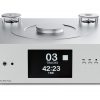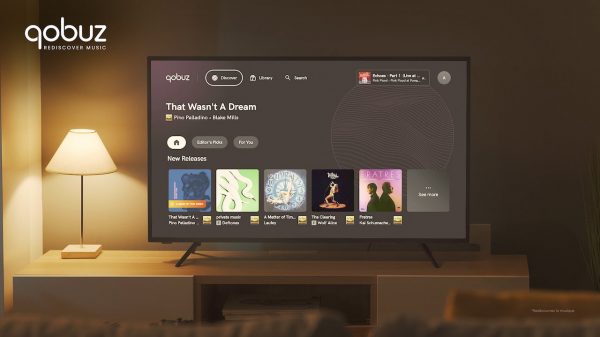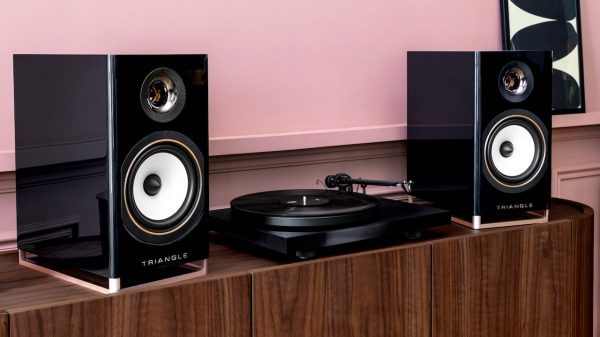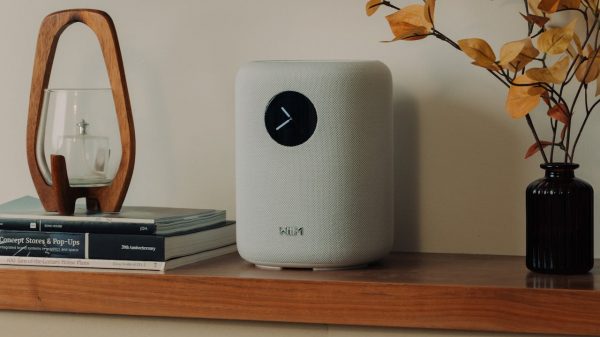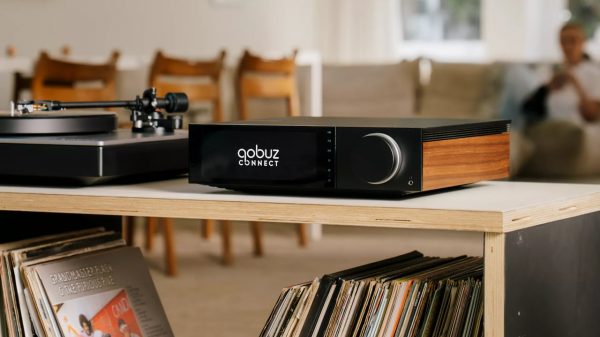Qobuz launched in 2007 and there is no question that the hi-res music streaming service offers listeners a massive catalog of music that is presented with the best possible sound quality — assuming you have the hardware to experience it that way. Having been a Qobuz customer since its launch here in the United States, we have watched its development into other markets with great interest.
We all want it to succeed. TIDAL seems to be all over the place with changes in ownership and the platform has taken on new formats and dropped others, which can be confusing to listeners. We won’t miss MQA. Just saying.
Qobuz’s absence in one particular market has made us wonder if they would ever expand into the one Asian market that could make a huge difference.
A launch in Japan, the world’s second-largest music market, is finally here.
This strategic expansion marks a decisive turning point in the international development of the platform, reinforcing its trajectory towards “profitability” and its commitment to a musical experience that combines quality and discovery.
Making money would be a good thing. Spotify still can’t turn a profit with 300 million subscribers so we are all hoping to see Qobuz become profitable in a market with a lot of competition from the market leader (Spotify), TIDAL, Apple Music, Amazon Music HD, Deezer, and others.

Strategic expansion
After establishing a presence in 25 countries, Qobuz now enters the Japanese market, its twenty-sixth territory. This step forward is part of the French platform’s accelerated international expansion. Since its launch in the United States in 2019, Qobuz has opened in 15 new markets in just four years, including Canada which finally came online in 2023.
Qobuz’s move into Japan, following the acquisition of e-onkyo music in 2021, marks its commitment to a high-potential market. While streaming dominates the global music market with over 67% of revenue, Japan presents a unique landscape where the physical market still accounts for over 50% of sales.
Paid streaming, while lagging behind with less than 30% market share (compared with over 50% in other major markets), is showing remarkable growth in a country where the offering remains limited and dominated by a few major players. With an expansion rate of almost 13%, compared with less than 7% in the US, Japan appears to be a promising market for Qobuz.
Japanese music lovers, known for their high standards when it comes to sound quality, are an ideal audience for Qobuz’s high-quality offering.
Georges Fornay, Deputy Chief Executive Officer of Qobuz, comments: “Our move into Japan marks a major turning point, bringing us closer to our goal of profitability. We are proud to offer Japanese music lovers a valuable musical experience combining exceptional sound quality, editorial richness, and musical discovery. This expansion into the world’s second-largest music market, where streaming is booming, comes at an ideal time and strengthens our position as the undisputed benchmark for high-quality streaming and downloading.”
The Qobuz alternative
A pioneer and global benchmark in high-quality sound, Qobuz stands out for its singular approach. Dedicated exclusively to music, the platform offers a unique experience combining three fundamental pillars: high-resolution audio streaming, high-resolution downloads, and cutting-edge editorial content.
The platform offers a better listening experience thanks to its uncompressed audio quality, ranging from 16-bit CD quality to 24-bit/up to 192 kHz, and now DXD and DSD, faithfully reproducing artists’ and engineers’ original intent in the studio, and setting new standards for the streaming industry.
Beyond streaming, Qobuz is a true cultural medium, offering a dedicated community of music enthusiasts an environment conducive to rich and varied music discovery.
Qobuz Magazine features a plethora of editorial content, including artist interviews, in-depth articles diving deep into genres, labels and music history, and of course a section dedicated to Hi-Fi gear reviews. The editorial team, made up of passionate music experts, puts together eclectic musical selections and hand-crafted playlists every week, covering all genres, from rock and jazz to classical, pop, R&B, electronic, and metal.
Qobuz enriches its catalog of over 100 million titles by integrating high-resolution tracks from e-onkyo music and a repertoire of Japanese music, including specialized genres such as J-Pop for its launch in Japan. Subscribers in Japan will benefit from the complete Qobuz offer, combining streaming and downloading.
The Bottom Line
Is Qobuz finally on the path to profitability? The Japanese market is clearly one where opportunity exists and there is no question that the audiophile culture is rather strong in the country; both in terms of the high-end component market, and the high-end headphone category.
Eric Pye’s recent series from Japan highlights the reality that the experience of listening to music matters a lot to Japanese consumers; apparently far more than it does in the United States and Canada.
For more information: qobuz.com/jp-ja/discover
Related Reading:














